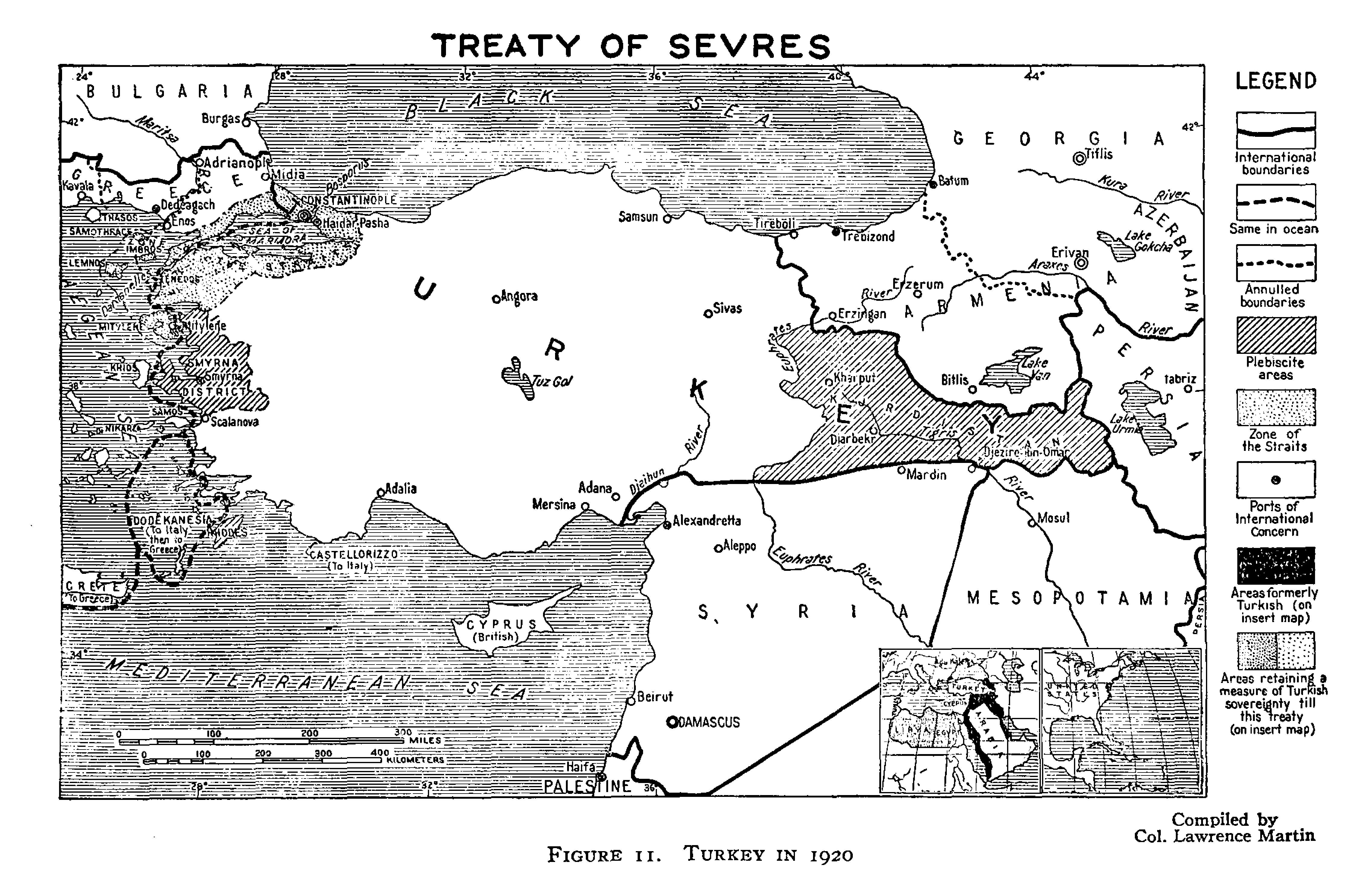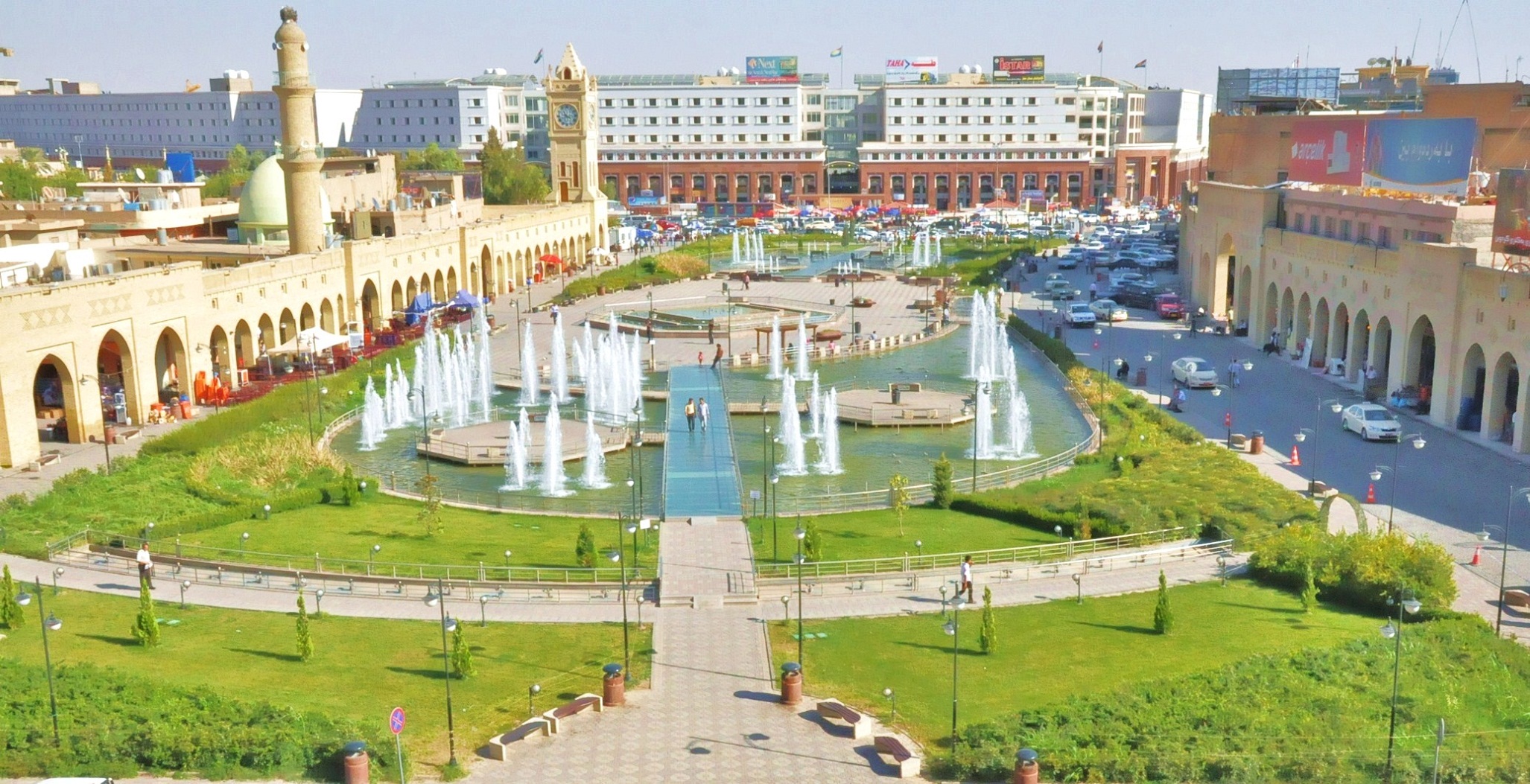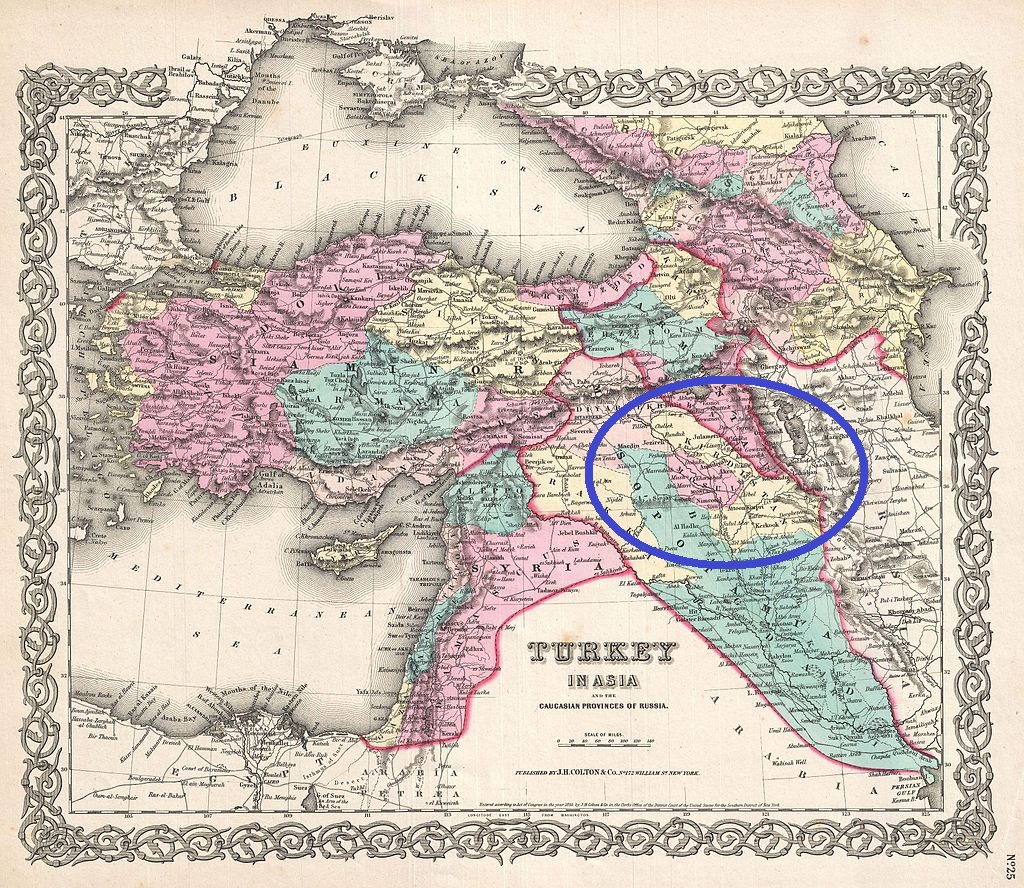|
Kurdistan
Kurdistan (, ; ), or Greater Kurdistan, is a roughly defined geo- cultural region in West Asia wherein the Kurds form a prominent majority population and the Kurdish culture, languages, and national identity have historically been based. Geographically, Kurdistan roughly encompasses the northwestern Zagros and the eastern Taurus mountain ranges. Kurdistan generally comprises the following four regions: southeastern Turkey ( Northern Kurdistan), northern Iraq ( Southern Kurdistan), northwestern Iran ( Eastern Kurdistan), and northern Syria ( Western Kurdistan). Some definitions also include parts of southern Transcaucasia. Certain Kurdish nationalist organizations seek to create an independent nation state consisting of some or all of these areas with a Kurdish majority, while others campaign for greater autonomy within the existing national boundaries. The delineation of the region remains disputed and varied, with some maps greatly exaggerating its boundaries. Histori ... [...More Info...] [...Related Items...] OR: [Wikipedia] [Google] [Baidu] [Amazon] |
Syrian Kurdistan
Syrian Kurdistan or Rojava () is a region in northern Syria where Kurds form the majority. It is surrounding three noncontiguous enclaves along the Turkish and Iraqi borders: Afrin in the northwest, Kobani in the north, and Jazira in the northeast. The term started to become more widely known as Kurdish nationalist groups and parties started to use it to describe the political entity later known as "Autonomous Administration of North and East Syria". Syrian Kurdistan is one of the four ''Lesser Kurdistans'' that comprise Greater Kurdistan, alongside Iranian Kurdistan, Turkish Kurdistan, and Iraqi Kurdistan. A significant part of the Kurdish community of Afrin was displaced during the Turkish-backed Operation Olive Branch in 2018. History Origins, Middle Ages, and Ottoman Syria (1516–1920) Kurds, widely considered to be the largest stateless ethnic group, are an Iranic ethnic group inhabiting a mountainous region known as Kurdistan that spans parts of several sove ... [...More Info...] [...Related Items...] OR: [Wikipedia] [Google] [Baidu] [Amazon] |
Kurds
Kurds (), or the Kurdish people, are an Iranian peoples, Iranic ethnic group from West Asia. They are indigenous to Kurdistan, which is a geographic region spanning southeastern Turkey, northwestern Iran, northern Iraq, and northeastern Syria. Consisting of 30–45 million people, the global Kurdish population is largely concentrated in Kurdistan, but significant communities of the Kurdish diaspora exist in parts of West Asia beyond Kurdistan and in parts of Europe, most notably including: Turkey's Central Anatolian Kurds, as well as Kurds in Istanbul, Istanbul Kurds; Iran's Khorasani Kurds; the Caucasian Kurds, primarily in Kurds in Azerbaijan, Azerbaijan and Kurds in Armenia, Armenia; and the Kurdish populations in various European countries, namely Kurds in Germany, Germany, Kurds in France, France, Kurds in Sweden, Sweden, and the Kurds in the Netherlands, Netherlands. The Kurdish language, Kurdish languages and the Zaza–Gorani languages, both of which belong to the Wes ... [...More Info...] [...Related Items...] OR: [Wikipedia] [Google] [Baidu] [Amazon] |
Iraqi Kurdistan
Iraqi Kurdistan or Southern Kurdistan () refers to the Kurds, Kurdish-populated part of northern Iraq. It is considered one of the four parts of Greater Kurdistan in West Asia, which also includes parts of southeastern Turkey (Northern Kurdistan), northern Syria (Western Kurdistan), and northwestern Iran (Eastern Kurdistan). Much of the geographical and cultural region of Iraqi Kurdistan is part of the Kurdistan Region (KRI), a semi-autonomous administrative division, autonomous region recognized by the Constitution of Iraq. As with the rest of Kurdistan, and unlike most of the rest of Iraq, the region is inland and mountainous. Etymology The exact origins of the name ''Kurd'' are unclear. The suffix ''-stan'' is an Iranian languages, Iranian term for region. The literal translation for Kurdistan is "Land of Kurds". The name was also formerly spelled ''Curdistan''. One of the ancient names of Kurdistan is ''Corduene''.A.D. Lee, ''The Role of Hostages in Roman Diplomacy with ... [...More Info...] [...Related Items...] OR: [Wikipedia] [Google] [Baidu] [Amazon] |
Kurdish Nationalism
Kurdish nationalism () is a nationalist political movement which asserts that Kurds are a nation and espouses the creation of an independent Kurdistan from Iran, Iraq, Syria, and Turkey. Early Kurdish nationalism had its roots in the Ottoman Empire, within which Kurds were a significant ethnic group. With the partitioning of the Ottoman Empire, its Kurdish-majority territories were divided between the newly formed states of Turkey, Iraq, and Syria, making Kurds a significant ethnic minority in each state. Kurdish nationalist movements have long been suppressed by Turkey and in the states of Iran, Iraq, and Syria. Since the 1970s, Iraqi Kurds have pursued the goal of greater autonomy and even outright independence against the Iraqi nationalist Ba'ath Party regimes, which responded with brutal repression, including the massacre of 50-100k Kurds in the Anfal campaign. The Kurdish–Turkish conflict, where Kurdish armed groups have fought against the state, has been ongoing ... [...More Info...] [...Related Items...] OR: [Wikipedia] [Google] [Baidu] [Amazon] |
Iranian Kurdistan
Iranian Kurdistan or Eastern Kurdistan () is an unofficial name for the parts of northwestern Iran with either a majority or sizable population of Kurds. Geographically, it includes the West Azerbaijan province, Kurdistan province, Kermanshah province, Ilam province and parts of Hamadan province and Lorestan province. In totality, Kurds are about 10% of Iran's total population and nearly all of them are bilingual in their ethnic language and Persian. According to the last census conducted in 2006, the four main Kurdish-inhabited provinces in Iran – West Azerbaijan, Kermanshah province, Kurdistan province and Ilam province – had a total population of 6,730,000. Kurds generally consider northwestern Iran (Eastern Kurdistan) to be one of the four parts of a Greater Kurdistan, which under that conception are joined by parts of southeastern Turkey (Northern Kurdistan), northern Syria (Western Kurdistan), and northern Iraq (Southern Kurdistan). Outside the traditional Kurdista ... [...More Info...] [...Related Items...] OR: [Wikipedia] [Google] [Baidu] [Amazon] |
Turkish Kurdistan
Turkish Kurdistan or Northern Kurdistan () is the southeastern part of Turkey where Kurds form the predominant ethnic group. The Kurdish Institute of Paris estimates that there are 20 million Kurds living in Turkey, the majority of them in the southeast. Southeastern Turkey (Northern Kurdistan) is considered to be one of the four parts of Kurdistan, which also includes parts of northern Syria (Western Kurdistan), northern Iraq ( Southern Kurdistan) and northwestern Iran (Eastern Kurdistan). The term Turkish Kurdistan is often used in the context of Kurdish nationalism, which makes it a controversial term among proponents of Turkish nationalism. The term has different meaning depending on context. Geography The Encyclopaedia of Islam delineates the geography of Turkish Kurdistan as following: Nonetheless, it is emphasized that "the imprecise limits of the frontiers of Kurdistan hardly allow an exact appreciation of the area." The region forms the south-eastern edge of Ana ... [...More Info...] [...Related Items...] OR: [Wikipedia] [Google] [Baidu] [Amazon] |
Kurdish Languages
Kurdish (, , ) is a Northwestern Iranian language or group of languages spoken by Kurds in the region of Kurdistan, namely in southeast Turkey, northern Iraq, northwest Iran, and northern Syria. It is also spoken in northeast Iran, as well as in certain areas of Armenia and Azerbaijan. Kurdish varieties constitute a dialect continuum, with some mutually unintelligible varieties, and collectively have 26 million native speakers. The main varieties of Kurdish are Kurmanji, Sorani, and Southern Kurdish (). The majority of the Kurds speak Kurmanji, and most Kurdish texts are written in Kurmanji and Sorani. Kurmanji is written in the Hawar alphabet, a derivation of the Latin script, and Sorani is written in the Sorani alphabet, a derivation of the Arabic script. A separate group of non-Kurdish Northwestern Iranian languages, the Zaza–Gorani languages, are also spoken by several million ethnic Kurds.Kaya, Mehmet. The Zaza Kurds of Turkey: A Middle Eastern Minority i ... [...More Info...] [...Related Items...] OR: [Wikipedia] [Google] [Baidu] [Amazon] |
Rudaw
Rudaw Media Network () is a media broadcaster in the Kurdistan Region, Iraq. The network is headquartered in Erbil, the capital of Iraq's Kurdistan Region. It delivers content in multiple languages, including English, Kurdish, Arabic, and Turkish. History Rudaw Media Network originated as a weekly print newspaper distributed in the Kurdistan Region and Europe, the network initially garnered international attention through its European edition, catering to the burgeoning diaspora communities of that era. In a noteworthy commitment to environmental sustainability, Rudaw transitioned from print to a fully digital format, discontinuing its newspaper publication. The network's diverse portfolio includes a weekly newspaper in the Sorani dialect, boasting a circulation of 3,000, a Kurmanji version circulated in Europe, a comprehensive website available in Kurdish, English, Arabic, and Turkish, and a satellite TV station. Rudaw Media Network is funded and supported by Rudaw Company, ... [...More Info...] [...Related Items...] OR: [Wikipedia] [Google] [Baidu] [Amazon] |




